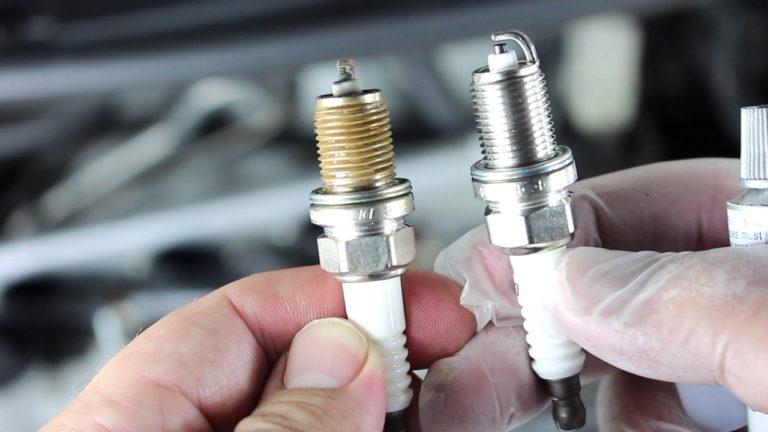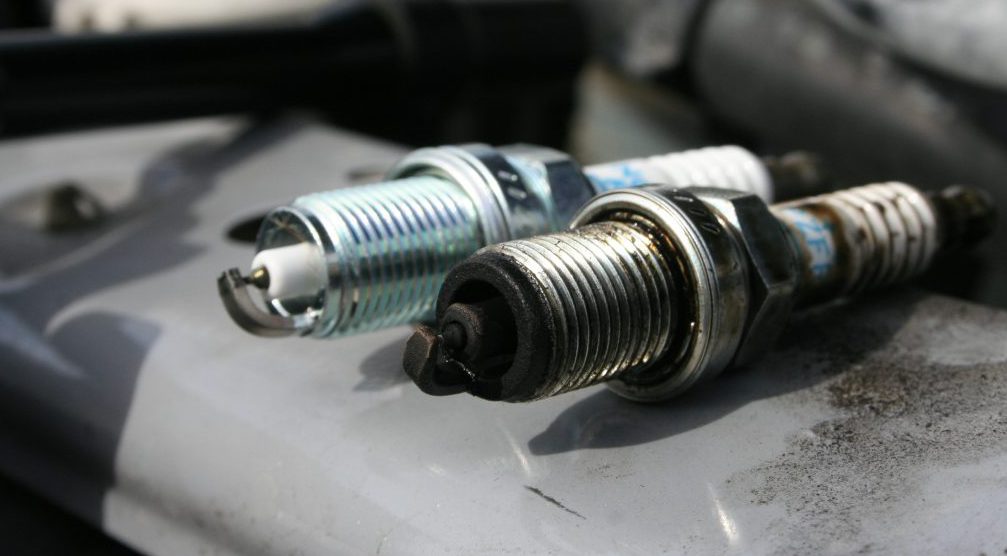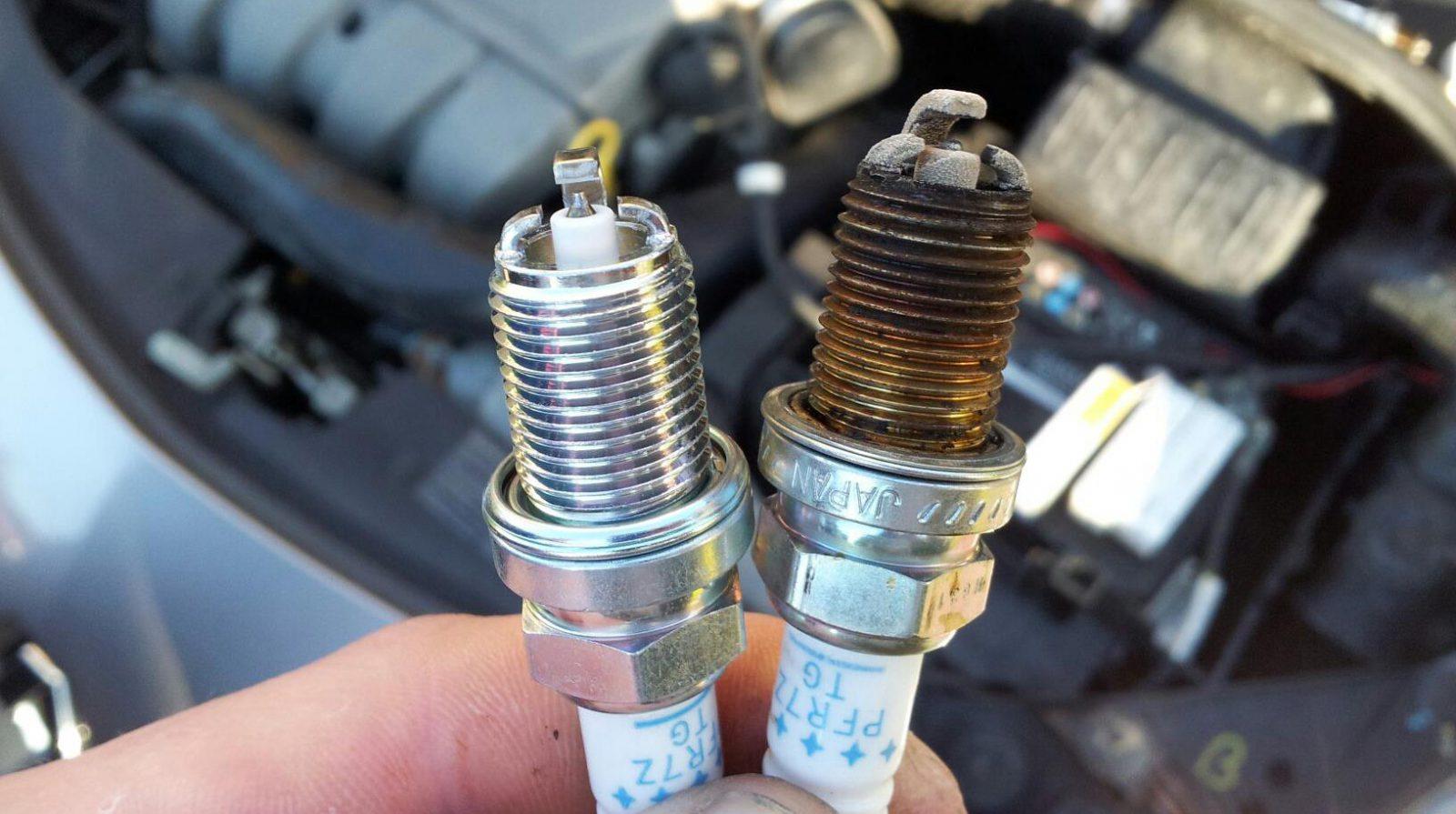
Your car will show many warning signs when there’s a problem with the spark plug. A light tan or gray is the normal spark plug color, but it’s a red flag when you spot a different hue.
It does the job of igniting the air and fuel mixture in the cylinders by providing sparks. Your automobile keeps moving on the road because of the constant ignition. So, you may well understand the importance of this device in keeping the engine running.
How To Read The Spark Plug Color
A healthy spark plug will have a little bit of electrode erosion but no abnormal deposits while the color would be a light tan, gray, or brownish. It indicates the optimal operating condition. What will be the spark plug color when it’s undergoing some problems? Let’s have a look:
No Color

If one or more of these devices do not have a dark brown color or are not colored at all, it suggests that the plugs are not firing at all. A working component must collect some deposits and have a different tone than the original shade. If it happens, you should check the fuel or ignition.
Ashy Coating
When the center or ground of the spark electrodes is covered with a layer of ash-like substances, you have to check for an oil leak or the quality of the fuel. The build-up will grow over time and fill in the blank space between two electrodes eventually, causing a misfire. So, if you face this issue, check for a leakage or change the oil to the higher grade one.
Black Deposits
If your engine shows poor starting and misfires, check the spark plug color immediately. You can call a blackish build-up at the top as dry or carbon fouling and oily appearance at the bottom as wet fouling. A clogged cleaner or carburetor, a leak in the vacuum, or the plug’s improper heat range is the probable reason of the first problem while the second one may result from a compromised head gasket or an issue in the valvetrain.
Glazed White Appearance

If you frequently face the issue of power loss at high speeds or when the engine load is high, look at the insulator to see if it turns silvery white. You may also find a worn out electrode and minor black deposits. It’s the result of spark plug overheating that may arise from a thin mixture of air and fuel, a vacuum leak, or a poor cooling system.
A Green Shade
It’s the sign of heavy oxidation and leads to poor engine performance because of the gap in creating sparks. We know that there’s lead in the gasoline. This material creates some chemical reactions with the components in the electrodes and causes corrosion and erosion in the plugs.
Yellowish Brown Deposits
When your engine misfires under hard acceleration or at high-rpm, look for a build-up of this color on the insulator nose. The name of this condition is lead fouling, and it appears when the fuel contains too much lead.





